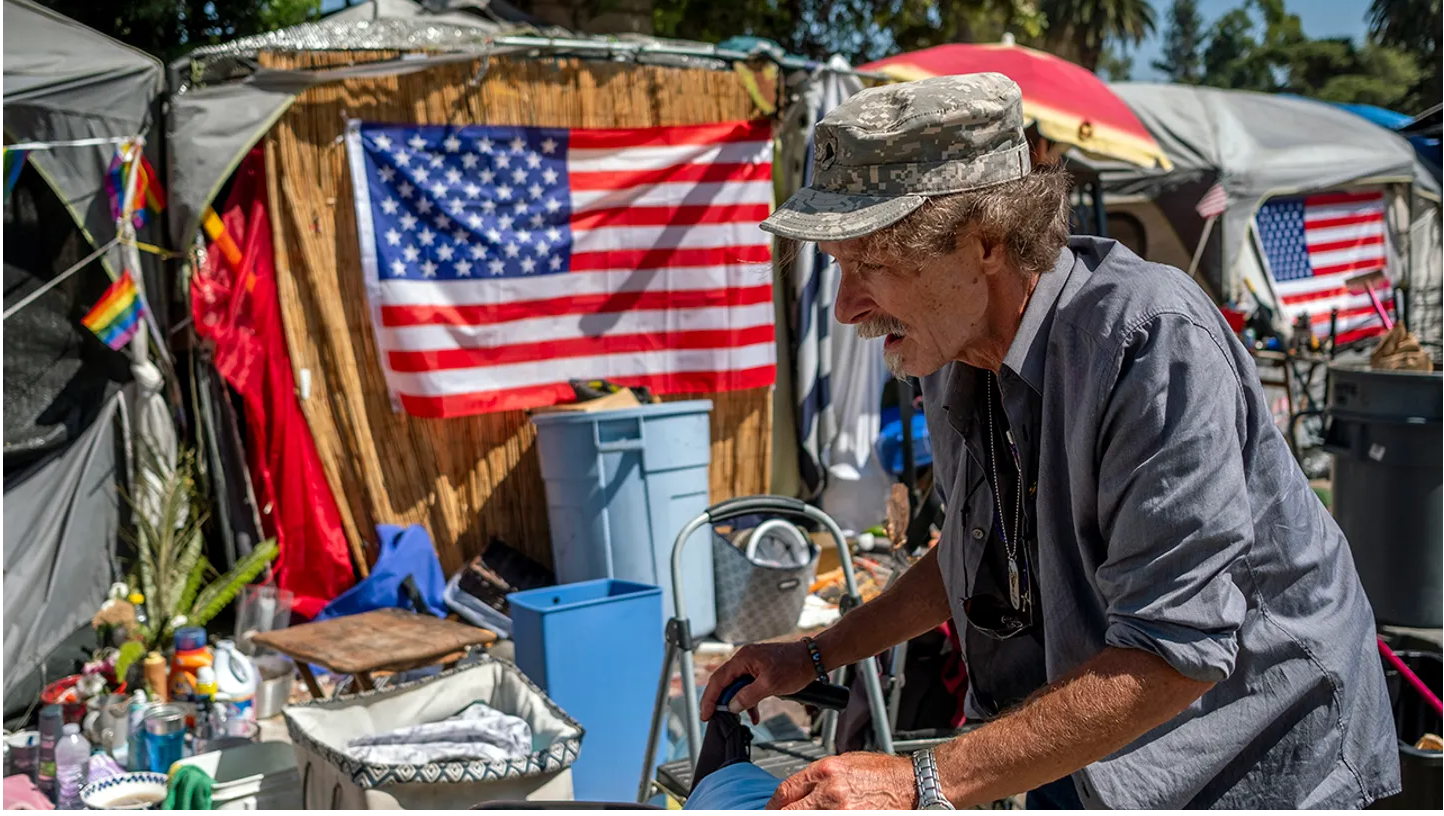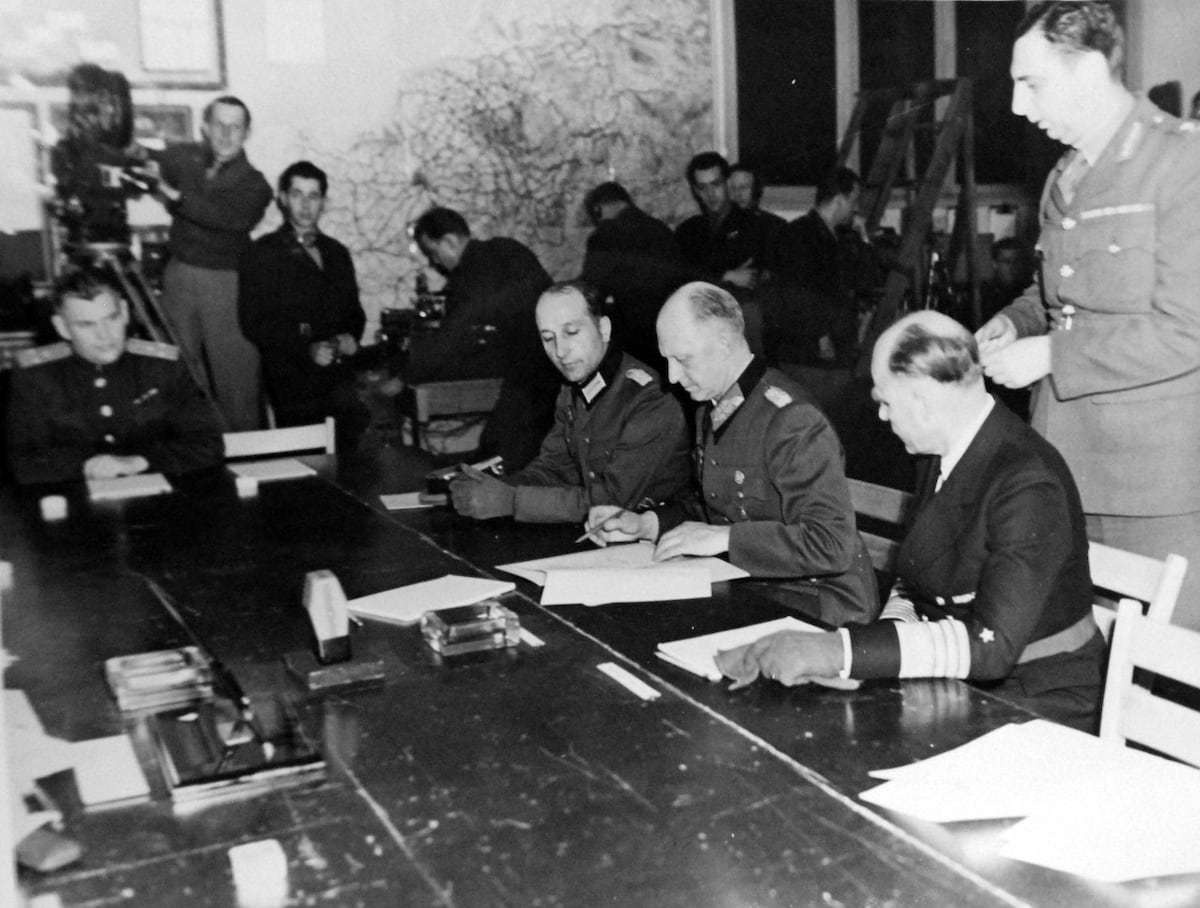Zac Brown reveals engagement to famous jewelry designer as legal battle with ex-wife unfolds

NEWYou can now listen to Fox News articles!
Zac Brown is engaged to jewelry designer Kendra Scott following his contentious divorce from ex-wife Kelly Yazdi.
During an interview with People magazine published Thursday, the 46-year-old country star and Scott, 51, told the outlet, “We are so happy and grateful that we found each other.”
In a photo obtained by the outlet, Scott showed off her pink diamond engagement ring as she and Brown beamed and embraced while standing on a pier as the sun set behind them.
Scott and Brown were seen lying on a lounge chair in another image as the entrepreneur displayed her ring while resting her head on the “Chicken Fried” hitmaker’s shoulder.
ZAC BROWN SEPARATES FROM WIFE KELLY YAZDI AFTER FOUR MONTHS OF MARRIAGE
On Friday, Brown made an appearance on “Today” while Scott watched from the audience. Ahead of performing, Brown shared that he was feeling “blessed” the morning after revealing his engagement to Scott.
“I feel great,” Brown said, adding of his proposal, “I got her good.”

Brown was then asked about the “pressure” of finding the perfect engagement ring for a jewelry designer.
“I know, right? What are you gonna get somebody that designs jewelry?” he said. “But no, it’s incredible, incredible. So happy. We’re so happy we found each other and we’re blessed.”
“It just adds so much energy to everything else,” Brown added. “More to give to music, more to give our families and everything. So we’re blessed.”

In May, the couple made their red carpet debut as they attended the 2025 American Music Awards, where Brown’s country rock band the Zac Brown Band was nominated for favorite country duo or group.
During the event, Brown was honored with the inaugural Veteran’s Voice Award in recognition of his “unwavering support to the veteran community.”
LIKE WHAT YOU’RE READING? CLICK HERE FOR MORE ENTERTAINMENT NEWS
At the time, a source told People magazine that Brown and Scott had been dating for “several months.”
“They were set up by a mutual friend, and are totally in love,” the insider shared. “They are head over heels and have become inseparable.”
Scott also accompanied Brown to fellow country music star Jamey Johnson’s wedding when he tied the knot with Brittney Eakins in May.

Both Brown and Scott have previously been married. Scott was married to John Scott from 2000 to 2006 and the former couple share two sons.
The jewelry designer married Matt Davis in 2014 but the two, who share one son, split in 2020. Scott and Thomas Evans tied the knot in 2022 but later went their separate ways.
Brown and his first wife, Shelly, divorced in 2018 after 12 years of marriage. The former couple share five children, including Justice, 18, Lucy, 17, Georgia, 16, Joni, 14, and Alexander, 11.

The country star tied the knot with actress and model Kelly Yazdi in August 2023, but they announced their separation four months later.
Their split quickly turned acrimonious. Though Brown and Yazdi’s divorce was finalized in January 2024, the two are currently engaged in a legal battle. In May, Brown filed a lawsuit against Yazdi, accusing her of violating an employee and confidentiality agreement and defaming him after she shared a handful of Instagram posts in which she accused the singer of “narcissistic abuse.”
Yazdi fired back, alleging that Brown was attempting to silence her with his lawsuit. In July, Yazdi sued Brown over the music video for his song “Beautiful Drug,” which she claimed featured unauthorized footage from their wedding. She also alleged that he cast a lookalike model in the video in an attempt to portray her in a negative light.
The two are set to face off in court during a jury trial, which is scheduled for Sept. 15 in Atlanta.
Read the full article here









